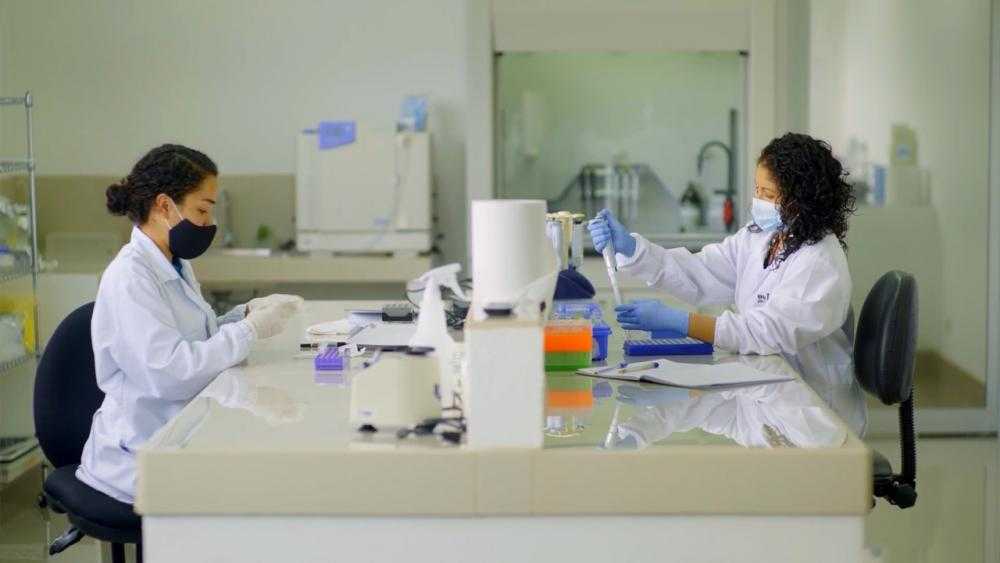HEREDIA, Costa Rica – Costa Rica now has a Laboratory of Molecular Biology that will contribute to fighting coffee leaf rust, developing new bean varieties and genetic material and identifying plants that are more drought tolerant and resistant to climate change, thereby contributing to the sustainability of coffee farming in Mesoamerica and the Caribbean.
The research center, which is located at the Coffee Institute of Costa Rica (ICAFE), is the result of a joint effort between the European Union (EU) and the Inter-American Institute for Cooperation on Agriculture (IICA), which together implement the Central American Program for Integrated Coffee Rust Management (PROCAGICA), in addition to the Tropical Agricultural Research and Higher Education Center (CATIE) and the Regional Cooperative Program for the Technological Development and Modernization of Coffee Production (PROMECAFE).
It was inaugurated by María Antonia Calvo Puerta, Ambassador and Head of Delegation of the EU in Costa Rica; Xinia Chávez, Executive Director of ICAFE; Manuel Otero, Director General of IICA; and Muhammad Ibrahim, Director General of CATIE.
According to Calvo Puerta, coffee rust is a problem as “it knows no bounds” and solutions “must be achieved through collaboration, by joining forces to contribute to the livelihoods and income of so many families in Central America and beyond that rely on this bean”.
“The lab’s purpose is to help small- and medium-scale farmers who are financially affected, ensuring they have the same opportunities as large-scale coffee farmers to maintain the economic fabric and jobs represented by coffee farming”, stated the EU Ambassador.
Xinia Chávez underscored the laboratory’s high-tech nature: “Through molecular selection, we can identify which varieties or combination of varieties we can make genetically to produce high-yield plants and genetics with a high capacity to adapt to climate change. We are optimistic that soon there will be genetic material available that will also benefit the final quality of the cup”, she explained.
Manuel Otero, Director General of IICA, stated that science, technology and innovation are fundamental in driving the transformation of agrifood systems in the Americas based on new policies and producer empowerment, particularly in the coffee chain.
“The lab’s inauguration showcases the political will of the EU, IICA, ICAFE and other regional institutions that reaffirm the importance of state-of-the-art innovation centers to face such serious challenges like coffee rust”, stated Otero.
The Laboratory of Molecular Biology, located at ICAFE in Barva, Heredia, Costa Rica, will also contribute to strengthening the ability of the technical personnel of PROMECAFE in the region, including Mexico, Guatemala, El Salvador, Honduras, Nicaragua, Costa Rica, Panama, Dominican Republic and Jamaica, to implement molecular analysis techniques.


















